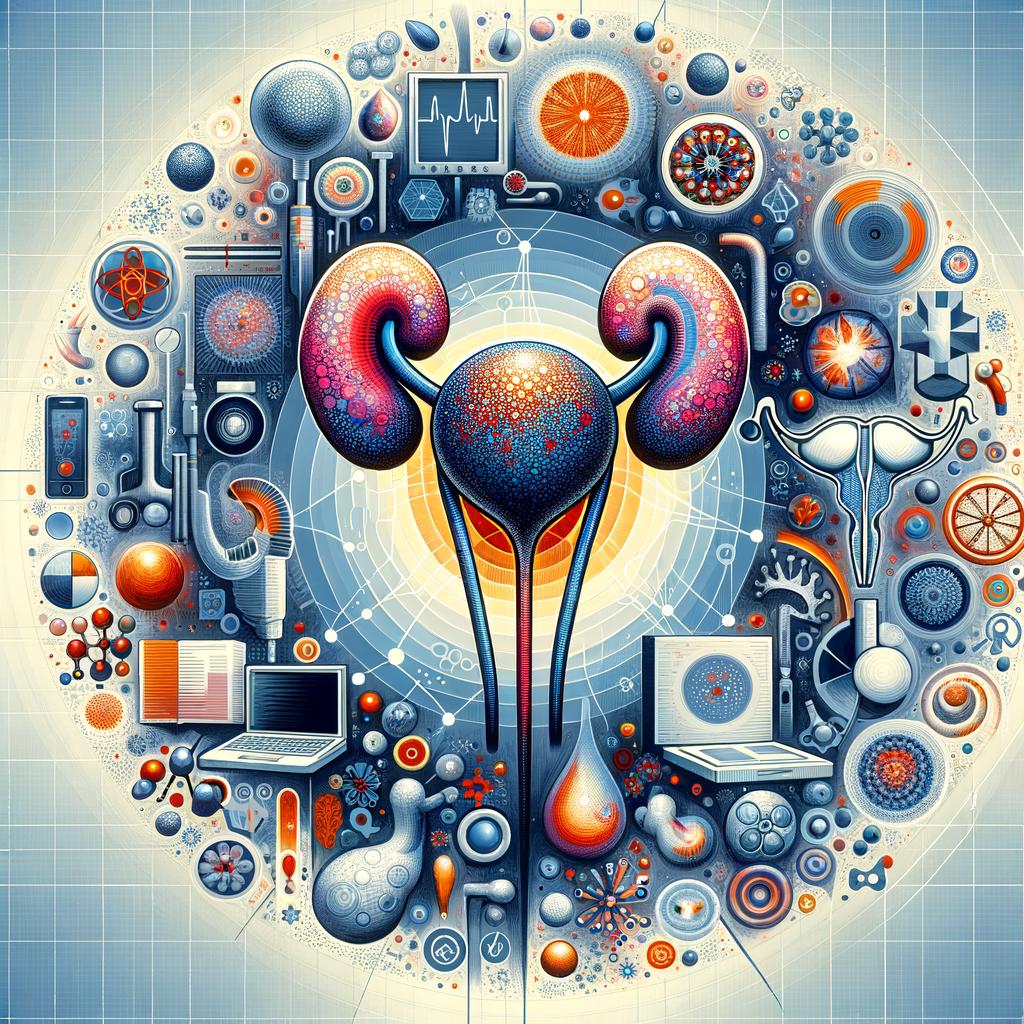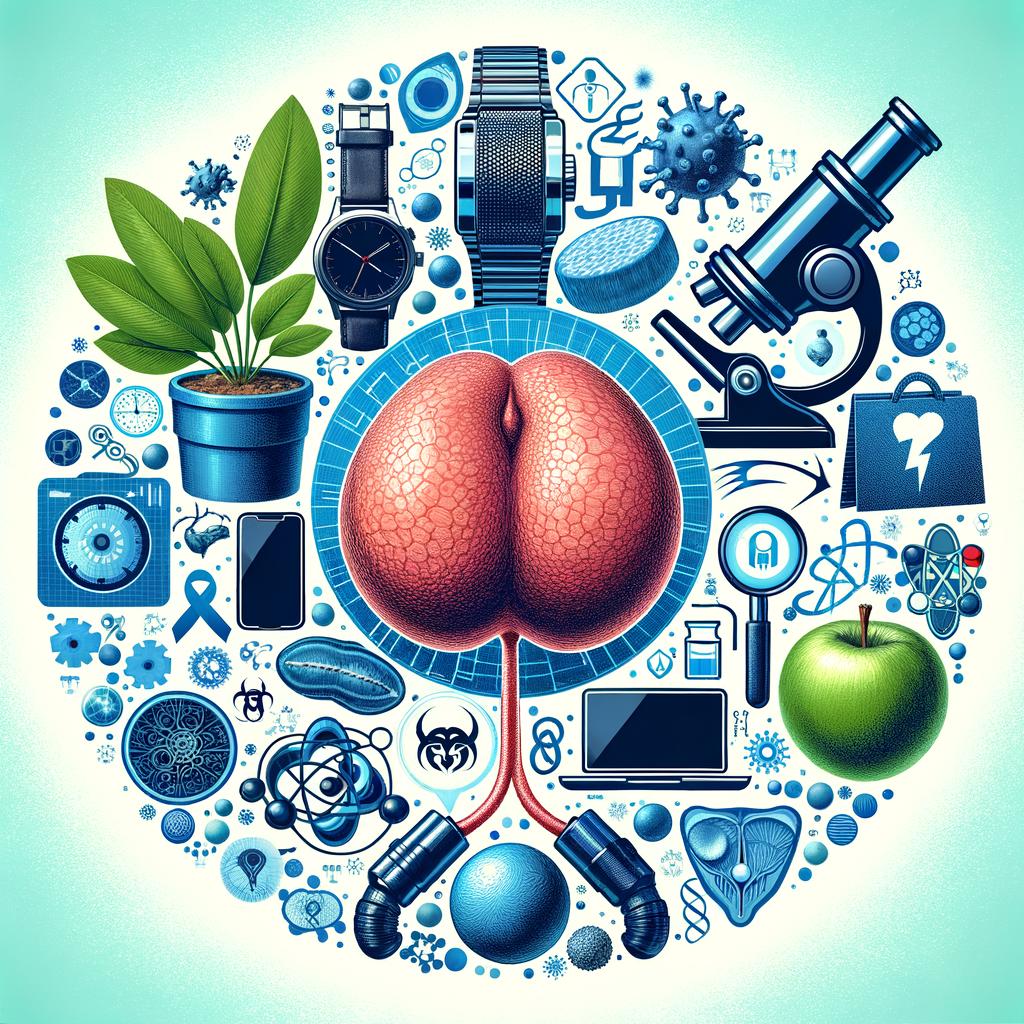
Introduction
Is BPH a term that’s baffled you in conversation or online readings? Well, you’re not alone. Our goal here is to break down this acronym in simple terms. BPH stands for Benign Prostatic Hyperplasia in urology, an important yet commonly misunderstood condition. This condition affects the prostate, causing it to increase in size unabatedly but without any malignancy. In the world of urology, understanding BPH is crucial because it’s so prevalent, especially in aging males. In this article, we’ll be diving deeper into the world of BPH, exploring what it really is, how it affects the prostate, its symptoms, and management options.
What is BPH?
The letter-filled term BPH not only stands for ‘benign prostatic hyperplasia‘, it signifies a condition where the prostate gland, a walnut-sized structure in the male reproductive system, begins to grow in size. Now, this isn’t some sort of growth spurt that stops after a brief period. Instead, it’s a continual expansion, kind of like the seeming-less ending expansion of the universe, but thankfully, without harmful cancerous cells lurking about.
BPH and Its Implications
The term ‘benign’ in BPH clarifies that this growth is non-cancerous, making it less medically ominous than some prostate conditions. However, it’s not something to shrug off completely. The prostate surrounds the urethra, the tube that carries urine from the bladder out of the body. As the prostate grows, it can squeeze the urethra, creating some bothersome urinary symptoms. It’s a bit like putting a gradually tightening belt around a water hose.
Identifiable Symptoms of BPH
Knowing what to look for can be half the battle when it comes to diagnosing and managing BPH. Symptoms can be unique to each individual, however, the most common ones are often urinary. These may include frequent urge to urinate, difficulty in starting urination, weak flow of urine, or inability to completely empty the bladder. It’s akin to having a blaring siren in the middle of a pin-drop silence library; it perturbs the smooth functioning of the urinary system.
The Mechanics of Urination With BPH
As the prostate progressively enlarges, it begins to exert pressure on the urethra, impacting the normal functionality of this essential tube. It’s similar to a reusable water bottle slowly filling with ice cubes. Over time, and as the ice expands, the space left for the water decreases until there’s barely any room left at all.
Management Options for BPH
Identifying and addressing BPH is not a herculean task, and quite a few treatment options are available. Depending on the severity of symptoms, a urologist may recommend lifestyle changes, medication, or even surgery. Each of these paths offers the promise of reprieve from BPH’s troublesome urinary symptoms.
Treating BPH: A Touch of the Magic Wand?
Contrary to fairytales, treating BPH isn’t as easy as waving a magic wand. Instead, it’s a journey that requires monitoring, vigilance, and in some cases, medical intervention. There’s no one-size-fits-all solution, and what may work wonders for one man might not yield the same results for another.
Conclusion
BPH is an acronym for benign prostatic hyperplasia, a frequent condition among older men wherein the prostate gradually enlarges. Despite this growth being benign, or non-cancerous, it can lead to a slew of uncomfortable urinary symptoms. Although these symptoms are not life-threatening, they can drastically diminish one’s quality of life.
Frequently Asked Questions
1. Does BPH increase the risk of prostate cancer?
No, BPH and prostate cancer are two different conditions, and the presence of BPH does not raise the risk of developing prostate cancer.
2. Can BPH be prevented?
Currently, there’s no known way to prevent BPH, as it is a condition that often comes with aging. However, maintaining a healthy lifestyle is usually beneficial for overall prostate health.
3. Does BPH require surgery?
In severe cases or when medication and lifestyle changes do not alleviate symptoms, a doctor may recommend surgery. Not everyone with BPH will need a surgical intervention.
4. Is BPH a normal part of aging?
Yes, BPH is common in older men and can be considered part of the aging process. However, its presence is not universal to all aging males.
5. Does BPH affect sexual function?
BPH can affect sexual function in some men due to the prostate and urinary symptoms. However, symptoms vary from person to person. Some men with BPH do not experience any changes in sexual function.


